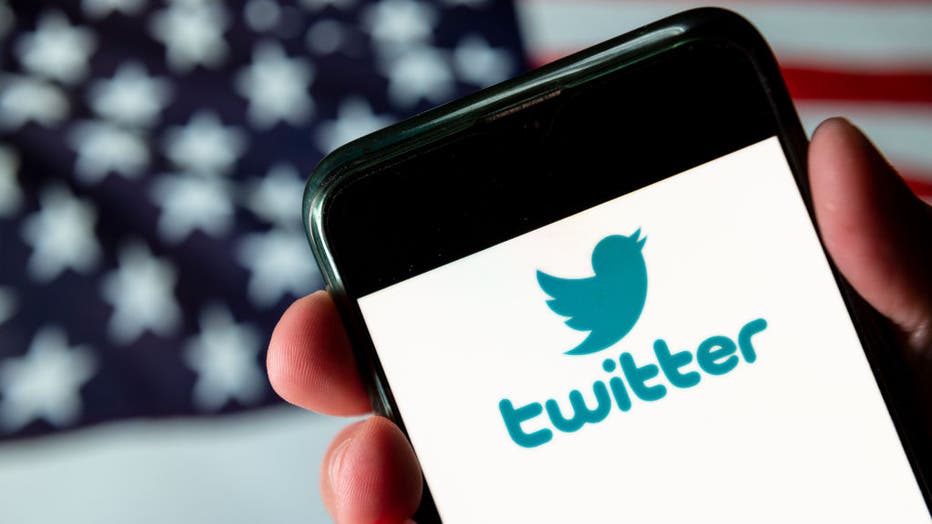Twitter enacts more rules to combat election misinformation, violence
OAKLAND, Calif. (AP) - Twitter is imposing tough new rules that restrict candidates from declaring premature victory and tighten its measures against spreading misinformation, calling for political violence and spreading thoughtless commentary in the days leading up to and following the Nov. 3 U.S. election.
The social platform will remove tweets that encourage violence or call for people to interfere with election results. Tweets that falsely claim a candidate has won will be labeled to direct users to the official U.S. election results page on Twitter.
RELATED: Facebook to ban QAnon, militarized social movement ads ahead of election
Twitter said Friday it is will also make it more difficult to retweet posts it has labeled to highlight the presence of misleading information — whether about COVID, civic integrity or for including manipulated photos or videos. Beginning next week, people who want to retweet such posts will see a prompt pointing them to credible information about the topic before they are able to retweet it. The step is designed to make people pause and think, potentially slowing the thoughtless retweets that are often a problem on the platform.
Beginning on Oct. 20, and at least through Election Week in the U.S., Twitter says it will also encourage people to add their own commentary to retweets. People who try to retweet someone else's post will first be directed to the “quote tweet” feature, which lets them add their own comment.

In this photo illustration the American online news and social networking service, Twitter logo is seen on an Android mobile device with United States of America flag in the background. (Photo Illustration by Budrul Chukrut/SOPA Images/LightRocket vi
Twitter said in a blog post it hopes this “will encourage everyone to not only consider why they are amplifying a Tweet, but also increase the likelihood that people add their own thoughts, reactions and perspectives to the conversation."
RELATED: Facebook will restrict new political ads a week before Election Day
The changes come a day after Facebook announced similar new restrictions ahead of the election, which is less than three weeks away. Early voting has already started in some states.
Social media companies appear to be learning how to rapidly respond to existing and anticipated threats to the election process. Trump’s campaign and its GOP allies have been going to new lengths to contest election procedures and question the integrity of mail-in ballots. Trump has also refused to commit to a peaceful transfer of power if he loses, although both parties have rejected his comments and vowed a peaceful transition.

